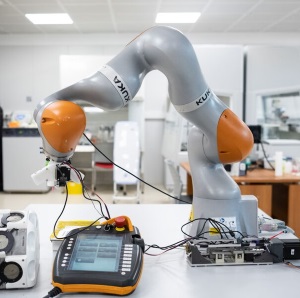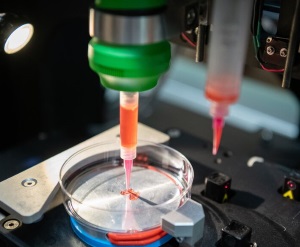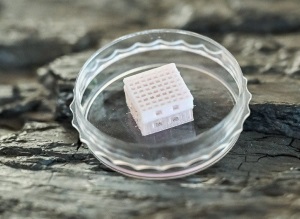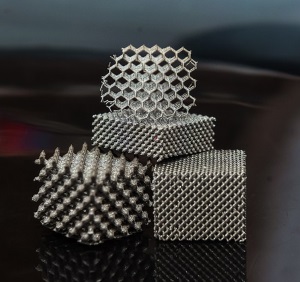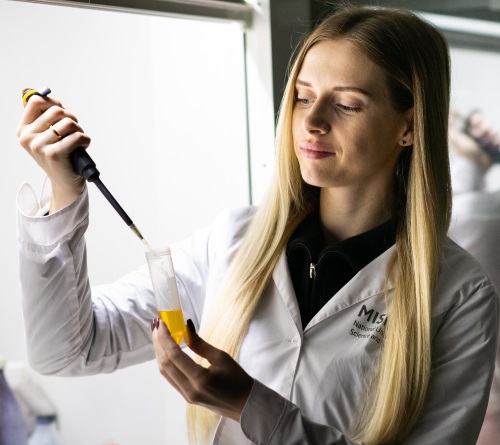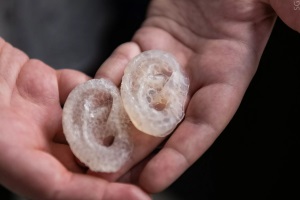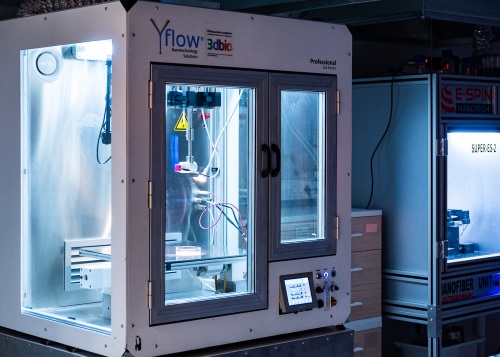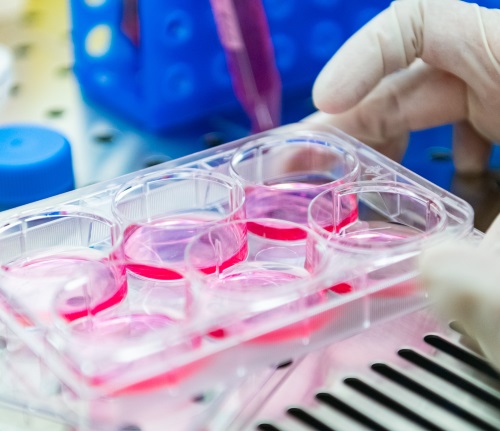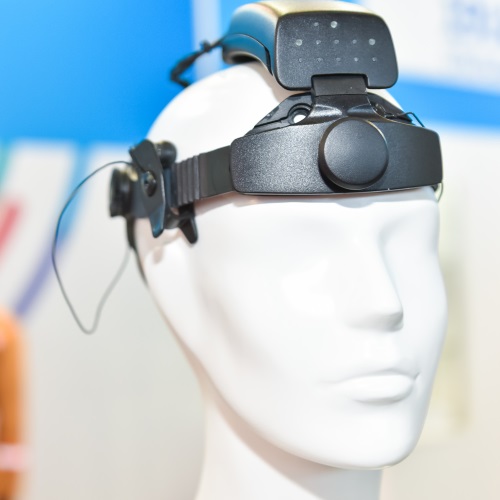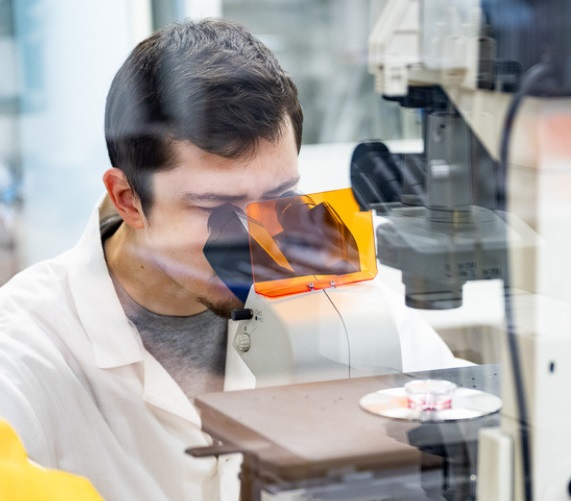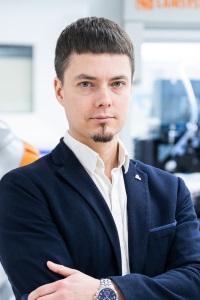College of Biomedical Engineering
The College of Biomedical Engineering was established and became part of the MISIS University in the fall of 2023. The Institute trains specialists for a fundamentally new industry, serving as a multifunctional center for the development and commercialization of innovative products for biomedicine.
Education at the College of Biomedical Engineering
Educational programs offered by the College of Biomedical Engineering are at the intersection of five disciplines: materials science, biology, physics, chemistry, and medicine.
The College prepares highly qualified specialists for conducting scientific research and developing modern engineering solutions, such as 4D printing, 3D organ printing, “smart” biomedical devices, biomimetic materials, biomaterials based on functionalized nanofibers, modern methods of probe microscopy and single-cell work, label-free super-resolution protein detection technologies, neuroprosthetics, development of Lab-On-Chip and Organ-On-Chip devices.
Students have access to more than 15 biomedical courses, allowing them to acquire general competencies in the field of cell biology, biophysics, biochemistry, as well as specialized ones such as experimental oncology, immunology, genetic and tissue engineering, and others. Students participate in scientific work, implementing projects and grants, interacting with biomedical organizations, and solving current market-formulated challenges.
Graduates have opportunities to work in leading domestic and international companies, academic organizations, and R&D centers. Also, students can organize a business startup on the base of the MISIS University even during their studies.

